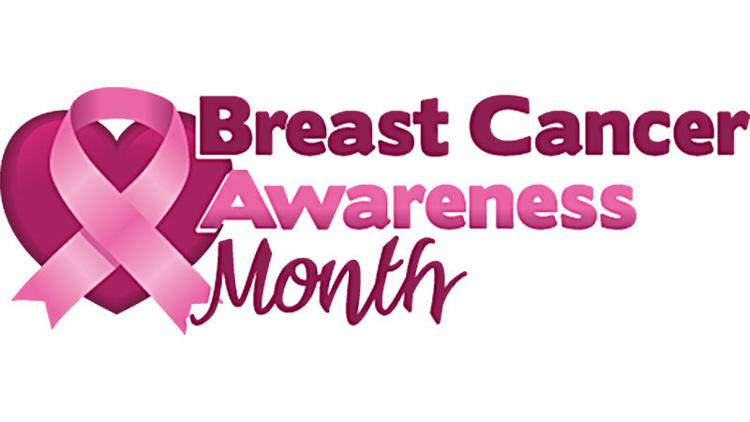
AUSTIN – October is Breast Cancer Awareness Month and the Texas Health and Human Services Commission is encouraging women to get screened regularly for the disease.
“Breast cancer screenings can save a woman’s life and mammograms are the best way to detect breast cancer early, when it is easier to treat,” said Rob Ries, HHS deputy executive commissioner for Family Health Services. “As we bring awareness to this issue, we’re urging women to make time for their health and to get screened regularly.”
The U.S. Preventive Services Task Force recommends that women age 50 to 74 get a mammogram every other year. Women with extra risk factors could start annual screenings at age 40.
The HHSC Breast and Cervical Cancer Services (BCCS) program helps fund clinics across the state to provide free breast cancer screening and diagnostic services such as clinical breast examinations, mammograms and breast biopsies to eligible women. BCCS also provides funding for cervical cancer screenings and treatment for precancerous cervical conditions. In addition, local clinics help eligible women apply for the Medicaid for Breast and Cervical Cancer program that helps women get treatment for breast and cervical cancer.
Last year, the BCCS program helped more than 29,000 women. Of those women, more than 290 were diagnosed with breast cancer.
Uninsured and underinsured Texas women who have an income at or below 200 percent of the federal poverty level are eligible to apply for BCCS. Additional eligibility requirements can be found here.
This month, some breast cancer awareness observation dates include:
- Metastatic Breast Cancer Awareness Day – Oct. 13
- Breast Reconstruction Awareness (BRA) Day – Oct. 19
- National Mammography Day – Oct. 21
To learn more about the women’s health programs and services that HHSC offers, visit the Healthy Texas Women website or dial 2-1-1.
About National Breast Cancer Awareness Month
National Breast Cancer Awareness Month is observed in October to raise awareness about breast cancer and provide education about prevention, screening, and treatments. According to the World Health Organization, breast cancer became the most common cancer globally as of 2021, accounting for 12% of all new annual cancer cases worldwide.





